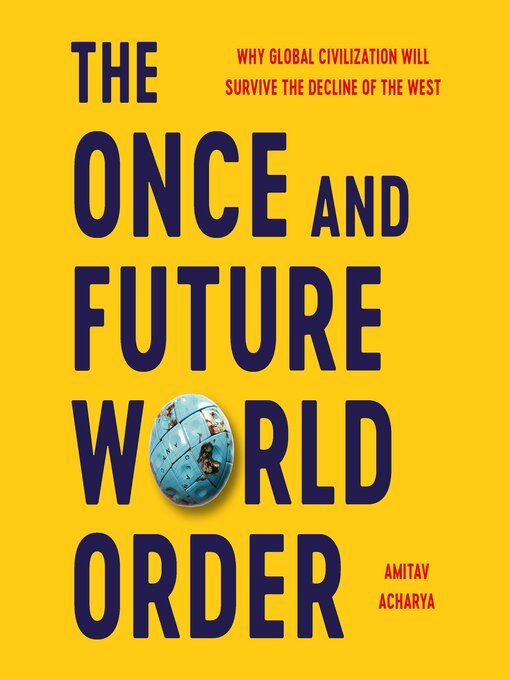- Available now
- New eBook additions
- New teen additions
- New kids additions
- Most popular
- Try something different
- See all ebooks collections
- Available now
- Audiobooks for the Whole Family
- Audiobooks Under 3 Hours
- Always Available Audiobooks!
- New audiobook additions
- New teen additions
- New kids additions
- Most popular
- Try something different
- See all audiobooks collections
- Popular Magazines
- Just Added
- Cooking & Food
- Fashion
- Health & Fitness
- Home & Garden
- News & Politics
- See all magazines collections

